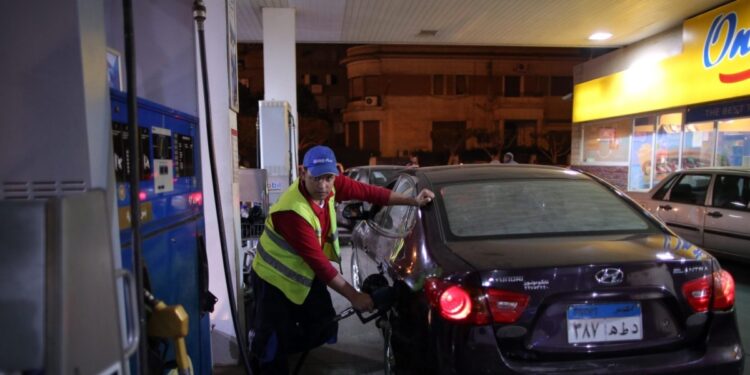10/9/2024–|Last update: 10/9/202412:21 AM (Makkah Time)
Inflation in Egypt accelerated after fuel subsidy cuts, reversing a five-month downward trajectory that had paved the way for the first interest rate cut since 2020.
Egypt’s annual urban consumer prices rose 26.2% in August from 25.7% in July, the state statistics agency CAPMAS said Tuesday. The index rose 2.1% month-on-month, compared with 0.4% in July and the highest figure since February.
Food and beverage prices, the single largest component of the inflation basket, rose 29% year-on-year, compared with 29.7% in July.
Egypt’s inflation had defied expectations of a slowdown even after authorities allowed the pound to fall by about 40% in March to stem a two-year economic and monetary crisis. The move, which included interest rate hikes, helped secure a $57 billion global bailout led by the International Monetary Fund and the United Arab Emirates.
A new wave of subsidy cuts has thrown this inflationary trajectory into disarray. August’s acceleration came after a 15% price hike on a wide range of fuel products and hikes in some electricity tariffs. These steps followed a 300% increase in the cost of subsidized bread in June and had no impact on the consumer price index.
Inflation has gradually declined from an unprecedented level of 38% last September, making the real interest rate, currently at a nominal rate of 27.25%, positive in July for the first time since January 2022.
The general consumer price index for the country as a whole rose to 231.1 points last month, compared to 226.7 points during the previous month.
“I don’t think the numbers reflect any major changes in the inflation trajectory, they are just a bump in the road to deflation,” said Mohamed El Basha, head of research at investment bank EFG Hermes. The main reason for the “negative surprise” was the larger-than-expected impact of higher fuel prices and the subsequent impact on transportation costs.
The new data increases the likelihood that the Central Bank of Egypt will keep interest rates at an all-time high of 27.25% for a fourth straight meeting when it meets on October 17. Most economists expect the country to embark on a monetary easing cycle by the end of this year or in early 2025.
The Central Bank of Egypt should be able to cut in the first quarter of 2025, when “inflation slows down significantly,” Basha said.



